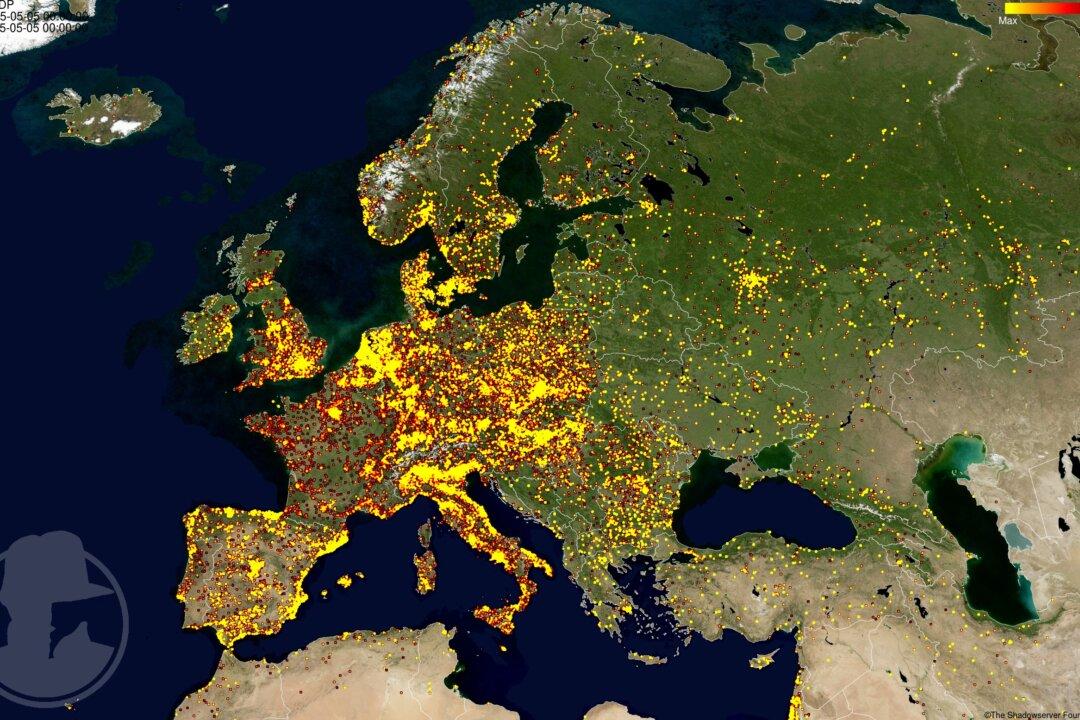The Australian email provider FastMail was hit with a distributed denial-of-service (DDoS) attack on Sunday, Nov. 8, accompanied by an extortion note that the attacks would continue unless they paid a $7,500 ransom. The company said in a blog post Nov. 11 that it would refuse to be extorted, and to expect disruptions in service as the attacks continue.
“We do not respond to extortion attempts, and we will not pay these criminals under any circumstances,” FastMail wrote. “
We have dealt with DDoS attacks before, and have recently been strengthening our defenses to deal with such issues.”
A string of email services have suffered from DDoS attacks and blackmail attempts in the past week, including Runbox, Zoho, Hushmail, and the earliest victim, the Swiss-based ProtonMail. Some of the attacks are believed to originate from a hacker group called the Armada Collective.





